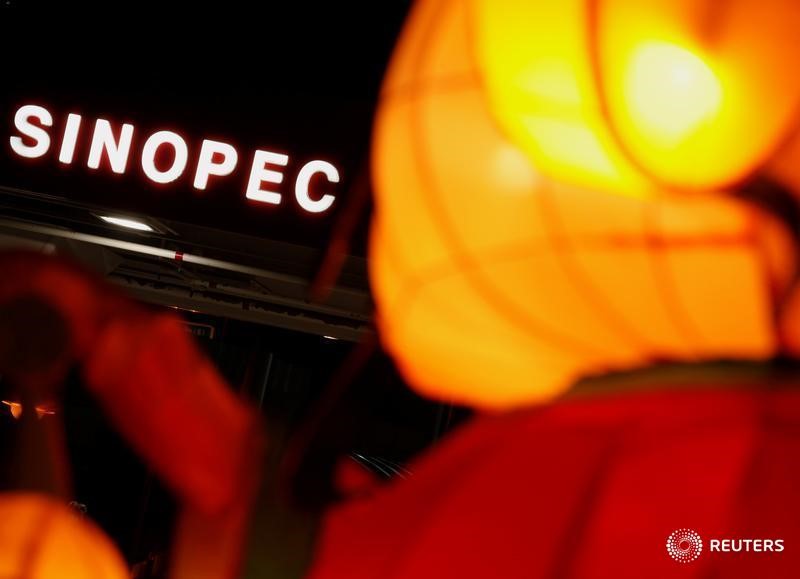This post was originally published on this site
https://i-invdn-com.akamaized.net/news/LYNXNPEC810J9_M.jpg © Reuters. Chinese regulator tightens overseas derivative trading rules for state firms
© Reuters. Chinese regulator tightens overseas derivative trading rules for state firmsSHANGHAI/SINGAPORE (Reuters) – China’s state asset regulator on Monday urged central government-owned companies to better manage risks in overseas derivative trading as it increases regulatory oversight to prevent future trading losses.
The State-owned Asset Supervision and Administration Commission (SASAC) said as of now Beijing-controlled state companies can only use financial and commodities derivatives to hedge risks, and any form of speculative activities are banned.
On its website, SASAC said firms must set up an effective risk-management system, and report derivative trading activities to the regulator on a regular basis.
SASAC said it is strengthening its rules after finding unidentified cases of mismanagement regarding overseas derivative trading, such as “irregular procedure of trade executions, incentive-motivated speculation, and delay and inaccurate reporting (of trading positions).”
“Companies’ derivative businesses have undergone new trends and new changes in recent years, the current regulatory mechanism may be outdated to meet the real demands,” the regulator said.
The new rules come a year after state refiner Sinopec Corp (HK:) lost nearly $700 million in late 2018 in one of China’s largest derivatives trading losses in nearly a decade.
Sinopec has so far provided no further details beyond suspending two senior officials and blaming “inappropriate trading strategies” in hedging. It didn’t immediately respond to requests for comment on the new SASAC rules.
Under the new rules, SASAC caps hedging volumes at 90% of companies’ annual turnover of physical transactions and production. Hedging activities for trading purposes should not exceed 80% of the physical volumes under the new regulations.
A Beijing-based official at one state company, who declined to be named as he’s not authorized to speak to the media, welcomed the change.
“The new rules reflect an improvement by removing previous archaic regulations (in 2009) which set rigid, text-book style restrictions in hedging volumes and products that are in reality hard to achieve,” he said.
SASAC also called on companies to set up an internal risk management system comprising three layers: the company’s board of directors, the designated business subsidiary and the team that carries out the actual trades.
Fusion Media or anyone involved with Fusion Media will not accept any liability for loss or damage as a result of reliance on the information including data, quotes, charts and buy/sell signals contained within this website. Please be fully informed regarding the risks and costs associated with trading the financial markets, it is one of the riskiest investment forms possible.

